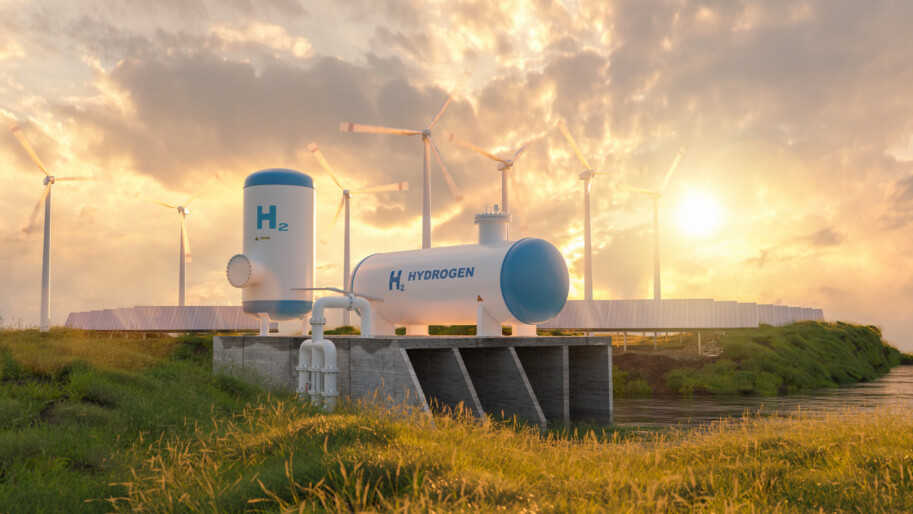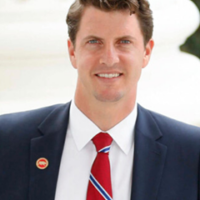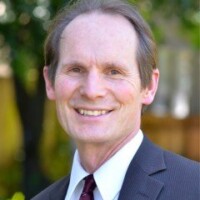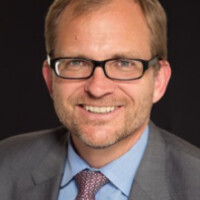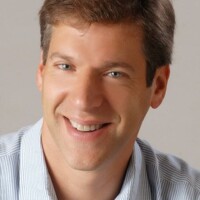The United States is investing $7 billion in hydrogen hubs. Our experts discussed whether governments should be subsidizing hydrogen and what the appropriate uses of hydrogen are from an efficiency and cost perspective. They also discussed which types of hydrogen projects reduce greenhouse gas emissions and which ones may actually increase them.
Resources
California Hydrogen Production, Delivery, and End Uses Summary (PDF)
Speakers
Senator Henry Stern is a sixth-generation Californian and native of his Senate District, which includes parts of Los Angeles and Ventura counties. Senator Stern currently serves as the Vice-Chair of the Joint Legislative Committee on Climate Change Policies and Chair of Joint Legislative Committee on Emergency Management, overseeing California’s carbon neutrality efforts and supporting the acceleration of resilient climate infrastructure. He also serves as the Senate’s Ex Officio member to the California Air Resources Board (CARB). Senator Stern authored SB 261 and co-authored SB 253, landmark climate laws that establish the nation’s first requirements for large corporations to publicly disclose their greenhouse gas emissions, carbon embedded in supply chains, and climate risks.
Read full bio 
Luisa, a political scientist with a focus in interdisciplinary sustainability research, started working at Bellona’s Berlin office in 2022. The international environmental and climate action organization pursues a systemic approach to climate change mitigation on a science-based and solution-oriented basis. Bellona Deutschland is committed to paving the way for a climate-neutral economy in Germany. As policy advisor for a sustainable hydrogen economy, Luisa is responsible for analyzing and advocating for a systemically sensible production, distribution, and use of hydrogen.
Read full bio 
Barry joined The Climate Center in 2005 and has held positions as Deputy Director and Financial Officer. He currently leads The Climate Center’s program and policy development and implementation teams. In 2018 Barry began working with a group of energy experts and advocates envisioning a more decentralized energy system that was clean, affordable, resilient, and equitable. He then championed the development of The Climate Center’s Community Energy Resilience project, which has culminated in the creation of a new $170 million Community Energy Resilience investment program by the California Energy Commission in August of 2022.
Read full bio 
Matt Petersen is the President and CEO of Los Angeles Cleantech Incubator (LACI.) LACI is creating an inclusive green economy by unlocking innovation (e.g., incubating leading startups), transforming markets (i.e., creating aspirational partnerships), and enhancing community (i.e., inspiring future entrepreneurs). LACI’s three priorities are accelerating transportation electrification, clean energy, and sustainable cities. Prior to joining LACI, Matt Petersen was appointed by Mayor Eric Garcetti as the first-ever Chief Sustainability Officer for the City of Los Angeles. Serving as CSO for four years, Petersen was the chief architect of the groundbreaking Sustainable City pLAn, led efforts to make LA a global leader in EVs, and helped create the Climate Mayors.
Read full bio 
Dr. Daniel Kammen is the Distinguished Professor of Energy at the University of California, Berkeley, with parallel appointments in the Energy and Resources Group, the Goldman School of Public Policy, and the department of Nuclear Engineering. Kammen is the founding director of the Renewable and Appropriate Energy Laboratory (RAEL), Co-Director of the Berkeley Institute of the Environment, and Director of the Transportation Sustainability Research Center. He has founded or is on the board of over 10 companies, and has served the State of California and US federal government in expert and advisory capacities. Kammen is currently serving as the Senior Adviser for Energy, Climate and Innovation for the U.S. Agency for International Development (USAID), and is part of the Power Africa team.
Read full bio 
